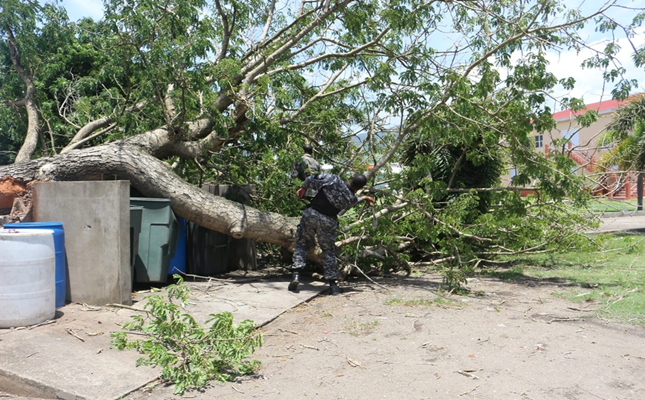A groundbreaking report jointly released by the United Nations Development Programme (UNDP) and Oxford University’s Poverty and Human Development Initiative (OPHI) has issued a stark warning about the escalating climate crisis and its disproportionate impact on the world’s most impoverished populations. Published ahead of the 30th Conference of the Parties (COP30) in Brazil, the study reveals that climate-related disasters are exacerbating poverty and threatening the lives and livelihoods of millions globally. The report emphasizes the urgent need for decisive action from world leaders to mitigate these escalating challenges. Findings indicate that nearly 80% of the 1.1 billion people living in multidimensional poverty—approximately 887 million individuals—are directly exposed to climate hazards such as extreme heat, flooding, drought, and severe air pollution. Among those in acute multidimensional poverty, 651 million endure two or more climate hazards, while 309 million face three or four simultaneously. Haoliang Xu, UNDP Acting Administrator, stressed the necessity of addressing climate risks to combat global poverty and ensure stability. Pedro Conceição, Director of UNDP’s Human Development Report Office, warned that these challenges are expected to intensify in the coming decades, with the poorest nations projected to experience the most significant temperature increases. The report advocates for climate-resilient poverty reduction strategies, enhanced local adaptation capabilities, and expanded international financing mechanisms to support vulnerable nations. The Caribbean, one of the regions most affected by climate change, continues to experience severe impacts, including intensified hurricanes and prolonged heatwaves. Caribbean leaders are pushing for the adoption of the Multidimensional Vulnerability Index (MVI) to better assess climate risks and access development financing, arguing that GDP alone fails to capture the true vulnerabilities of small island states.
New UN report warns climate crisis is hitting world’s poorest the hardest
